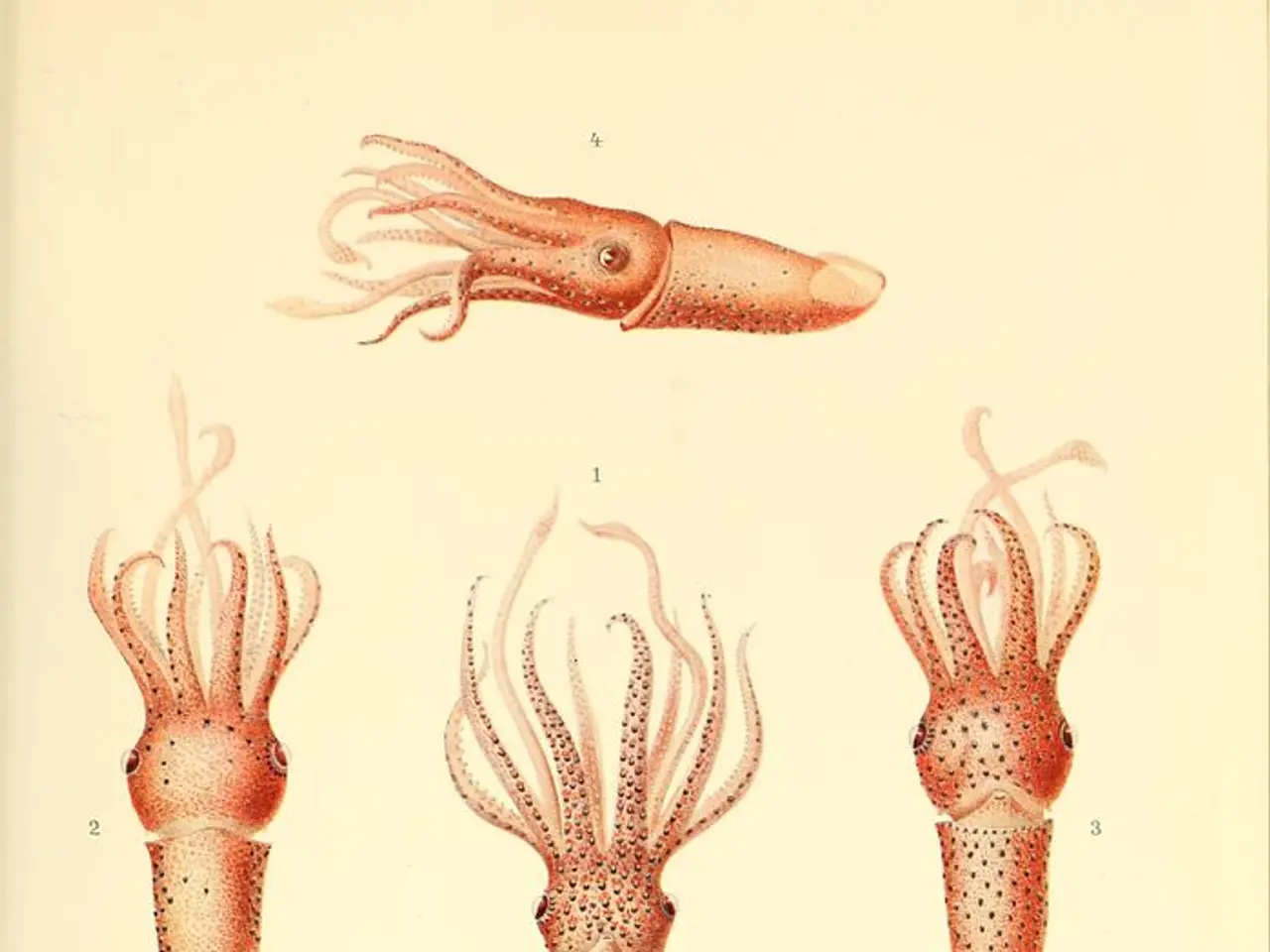Citizens Brace for Potential Water Scarcity During Heatwaves: Local Authorities' Plans to Ensure Water Supply
Warming Climate Puts Regional Water Supplies in Germany at Risk, Urging Preparation
With prolonged heat waves on the rise, the German Association of Towns and Cities is emphasizing the need for municipalities to prepare their citizens for potential limitations on water supply. "When data indicates water shortages, non-essential water use such as leisure activities, watering parks, or gardens, should be restricted temporarily," said André Berghegger, the association's managing director, speaking to the "Neue Osnabrücker Zeitung."
In a country long recognized as water-abundant, climate change has already caused noticeable scarcity in some regions. "Adaptation becomes increasingly necessary," said Berghegger. "We must take proactive measures that promote acceptance and maintain security of supply." strict measures like bans, he cautions, should only be imposed as a last resort when voluntary conservation measures fall short and there are no neighboring regions to draw water from.
As droughts become more frequent due to global warming, Germany is setting water-saving targets and improving its infrastructure to secure water supplies. The European Commission has set a goal for member states, including Germany, to enhance water efficiency by at least 10% by 2030. To achieve this, municipalities are tasked with reducing water extraction and upgrading infrastructure to minimize loss, such as repairing leaks in public water supply systems.
In addition, municipalities are encouraged to invest in modernizing water infrastructure, implement smart water management systems, and raise public awareness about water conservation. Since agriculture accounts for a substantial proportion of water use, coordination with farmers to promote efficient irrigation practices is imperative. Lastly, maintaining water quality through pollution control measures is essential.
Progressing towards these initiatives, the European Investment Bank will channel €15 billion between 2025 and 2027 to fortify resilience and competitiveness in European water systems, including Germany. The investment supports water efficiency projects, infrastructure upgrades, and the funding of pollution control measures.
All these measures are part of broader water conservation efforts at the EU level, which provide a non-binding but coordinated framework to help member states address water scarcity. In conclusion, German municipalities are stepping up their efforts to adapt to climate change-induced water scarcity by implementing comprehensive water conservation measures, promoting water efficiency, and investing in sustainable infrastructure.
- The need for environmental-science research to understand and cope with climate-change impacts on water supplies, particularly in the context of Germany, is increasingly urgent.
- Given the rising importance of climate-change policy-and-legislation in this area, it's crucial for Germany's municipalities to align their water conservation strategies with the European Commission's goal of enhancing water efficiency by at least 10% by 2030.
- As the political discourse surrounding climate-change and its effects on the environment intensifies, keeping track of general-news related to water scarcity and related initiatives becomes essential for informed decision-making in the field of science and policy.








